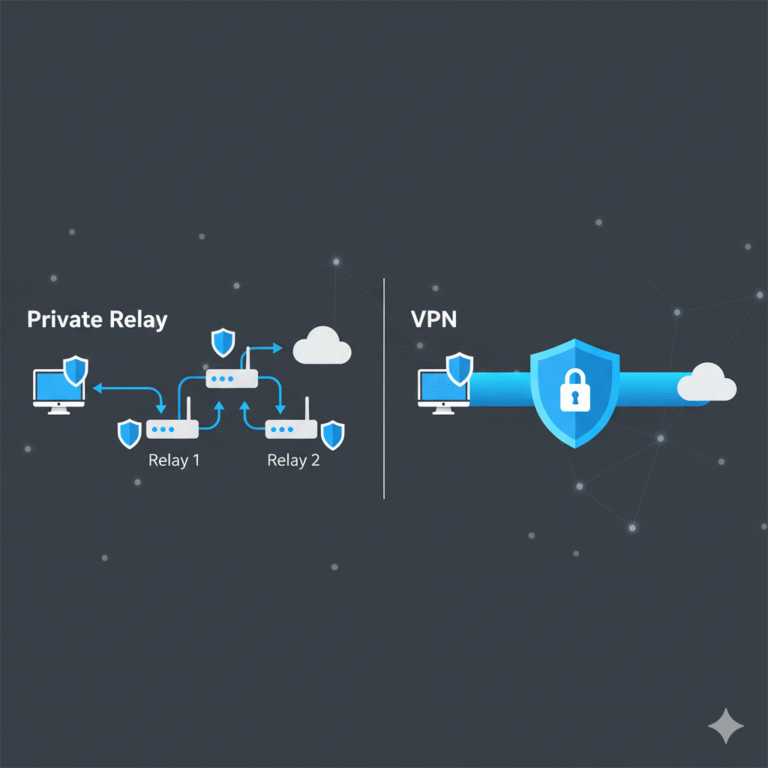Is Riseup VPN Safe to Use in 2025?
If you’ve stumbled across Riseup VPN while looking for a free and open-source privacy tool, you’re probably wondering: is Riseup VPN safe? This guide breaks down exactly how secure Riseup is, who should use it, and where it might fall short.
What Is Riseup VPN and Who Runs It?
Riseup VPN is a free, no-registration-required VPN operated by the Riseup collective — a tech activist group based in the U.S. focused on digital privacy and anti-censorship. It was built primarily for activists, journalists, and individuals in need of safe online communication tools.
Key Facts About Riseup VPN:
- No registration or personal info required
- Open-source client and infrastructure
- Runs on user donations
- Primarily routes traffic through limited servers
- Built on the trusted LEAP encryption platform
Riseup doesn’t have flashy branding or ads. Instead, it focuses on delivering privacy-first VPN access with as little friction as possible.
Is Riseup VPN Really Safe?
Let’s break it down across the core areas that define VPN safety:
✅ No-Logs Policy
Riseup states that it does not log user traffic, DNS queries, or IP addresses. This is consistent with their political mission and privacy-first model. But since Riseup is based in the U.S., they’re still subject to legal requests — which is why their policy of having no data to share matters.
✅ Open-Source Transparency
Its open-source nature means the code is auditable by anyone. This adds an extra layer of trust — a strong point compared to closed-source VPN providers.
⚠️ No Independent Audits
Unlike top-tier VPNs like NordVPN or ExpressVPN, Riseup hasn’t undergone formal third-party audits. While its open code offers transparency, an audit would solidify its claims.
⚠️ Limited Infrastructure
Because it’s donation-funded, Riseup offers fewer servers and slower speeds. This can impact streaming, torrenting, and global content access.
For an in-depth look at security-focused VPNs, see our AirVPN vs NordVPN comparison — a breakdown of encryption, jurisdiction, and logging policies.
Does Riseup VPN Protect Your Privacy Online?
Yes — if your goal is anonymity, anti-surveillance, or censorship circumvention, Riseup delivers. It doesn’t ask for your name, email, or payment method. Even its support platform uses encrypted messaging.
But it lacks:
- Obfuscation techniques (to hide VPN usage in countries like China)
- A kill switch
- Advanced privacy features like multi-hop or RAM-only servers
Want to learn more about encrypted traffic routing? Check out our explanation of what is a VPN concentrator.
What Are the Downsides of Using Riseup VPN?
Riseup is purpose-built, but it’s not a one-size-fits-all solution. Here are the main trade-offs:
❌ No Server Selection
You don’t get to choose your server or location — connections are automatically assigned.
❌ Performance Limitations
Due to its non-commercial funding, users often report slower speeds and reliability issues compared to paid services.
❌ Not Suitable for Streaming
Riseup is not optimized for streaming or bypassing geo-blocks.
❌ Lack of Features
There’s no split tunneling, ad-blocking, or user dashboard. It’s simplicity by design.
How Does Riseup Compare to Premium VPNs?
If your top priority is open-source transparency and anonymity without a price tag, Riseup is ideal. But compared to full-featured VPNs like NordVPN or Surfshark, Riseup falls short in:
- Speed and global coverage
- Streaming and torrenting support
- Mobile and smart TV compatibility
Still, it’s a powerful entry-level tool for those who value ethics over features.
For a comparison of whether you’re better off with a proxy instead, see is ascaler vpn also a proxy server.
Can You Trust a Free VPN Like Riseup?
It’s a valid concern — most “free” VPNs log and sell your data. Riseup is a rare exception, backed by activists and not monetized by ads, data collection, or upsells.
Unlike suspicious free tools that may include malware, Riseup’s donation-driven model and long-standing reputation in activist communities give it credibility. Still, you should:
- Audit the source code if you’re technically inclined
- Consider using a separate IP-masking tool like Tor for sensitive activities
- Avoid using Riseup for streaming, torrents, or high-speed needs
If you’re unsure whether a free VPN fits your use case, read our answer to do you need VPN for direct download.
Is Riseup VPN Safe for Torrenting or Streaming?
No, Riseup VPN is not ideal for torrenting or streaming. While it encrypts your traffic, it lacks:
- Port forwarding options
- Configurable clients
- Fast, stable speeds for video platforms
If torrenting is a priority, learn how to bind qBittorrent to VPN to keep your IP hidden during P2P downloads.
Who Should Use Riseup VPN?
Riseup is a solid tool for:
- Activists and journalists
- People in restrictive regions
- Anyone who wants to avoid corporate tracking
- Users who don’t need speed or geo-unblocking
It’s not for gamers, streamers, or large families looking to cover multiple devices.
If you’re using a school device, and want alternatives to VPNs, check how to unblock websites on school Chromebook 2025 without VPN.
Final Verdict: Is Riseup VPN Safe?
So, is Riseup VPN safe? Yes — for privacy-focused users, it offers trustworthy, open-source encryption with no tracking or logging. But it’s not a full-featured VPN. If you need speed, streaming, or commercial-grade protection, alternatives like ProtonVPN or ExpressVPN are better choices.
Riseup is ideal if you want a simple, secure, anonymous VPN with no cost, no data collection, and no accounts. For privacy-first users, it’s a rare gem.



